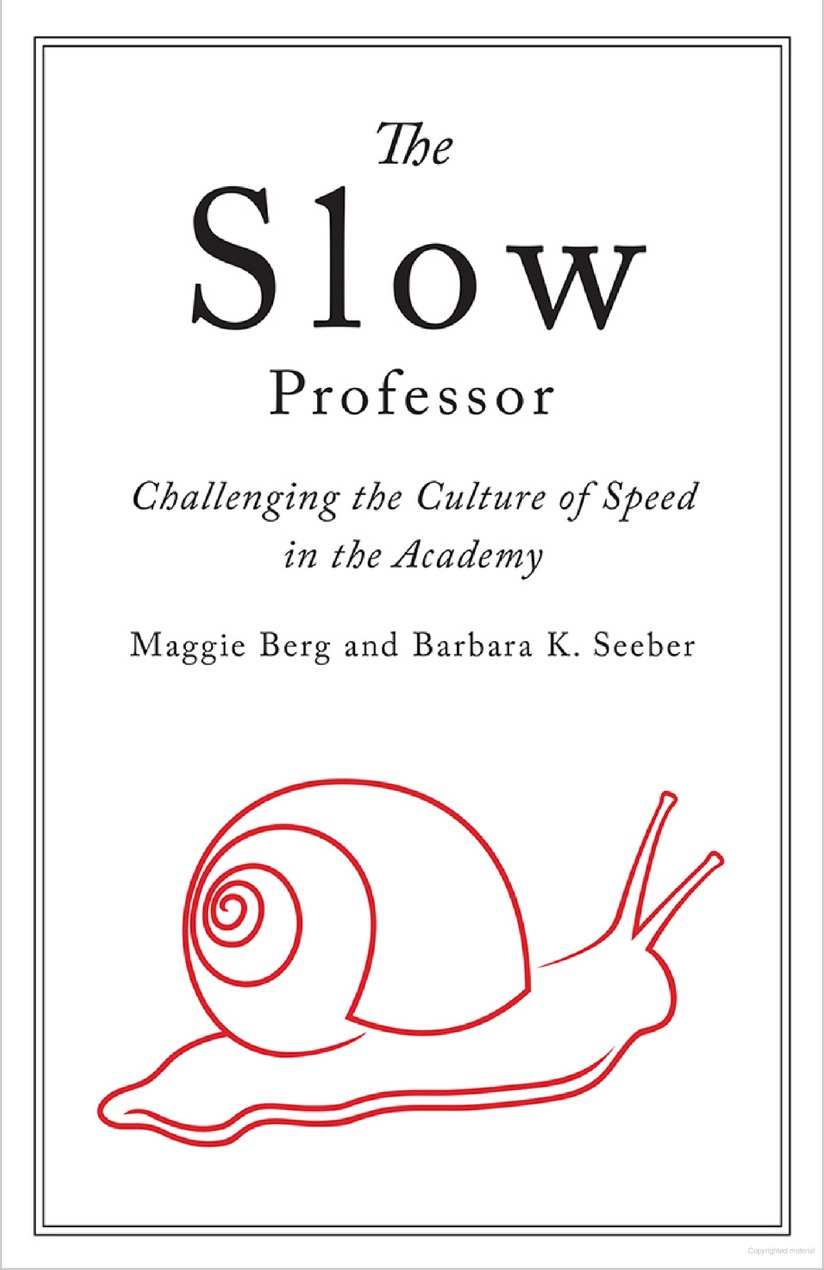
Learning how to teach
When I started to teach as a professor, I had no training in pedagogical skills – and I am sure I am not the only one.
It is funny in a sense, as for teachers of all other levels, pedagogical formation is part of their training. However, it is uncommon to get teacher training during the PhD. In a way, it makes sense, as the majority of PhDs will be working in the industry and will not be teaching.
But for those of us who will be teaching, some pedagogical training is beneficial. Perhaps your university offers courses, or even a full learning pathway to master these skills.
If you want to improve your teaching skills, you can focus on the following opportunities for learning how to teach:
- University Workshops: Many institutions offer workshops or seminars on teaching methods and course development, specifically tailored for new faculty. At many universities, a learning pathway to some form of a teaching certification is compulsory for faculty.
- Online Courses: Platforms like Coursera, edX, or LinkedIn Learning offer a range of courses on higher education teaching techniques, lesson planning, and curriculum development. I recommend that you audit your skills first, and that you then see which types of courses you should focus on.
- Teaching and Learning Centers: Most universities have centers dedicated to teaching excellence, offering resources, consultations, and support for faculty members. At both of my universities, such centers are available, and they offer continuous professional development opportunities.
- Academic Conferences: Conferences often have sessions or workshops on educational methodologies, providing a platform to learn and network with other educators. It can be particularly beneficial to learn from those who are in the same field as you on what works best to teach students the particularities of your field.
- Peer Observation: Arrange to observe classes of experienced colleagues to gather ideas and insights on effective teaching practices.
- Mentorship Programs: Seek out mentorship opportunities within your institution. Experienced faculty can provide invaluable guidance and feedback. Tandem teaching, where possible, can be a great opportunity to put this mentoring in practice.
- Teaching Communities and Forums: Join online forums or communities for educators where you can share experiences, challenges, and strategies. There are also great podcasts and books out there about teaching in higher education, and you can find discussions on the topic on LinkedIn and other social media as well.
- Feedback from Students: Regularly solicit feedback from your students. Their insights can be crucial in refining your teaching approach. While student evaluations tend to be biased, it is the conversations and direct feedback from our students that can help us understand what has worked well in class and what not.
- Self-Reflection: Regularly reflect on your teaching practices, considering what works well and what could be improved. Besides these practical reflections, I also think that the path to becoming a better teacher is a very personal journey. For me, thinking about my teaching went hand in hand with thinking about my main values in life – and I try to center my teaching around my core values.
I hope that this list has given you some ideas on how you can improve your teaching skills!




When I started to teach, I established a response group of students for each course I taught. They met with me for a few minutes at the end of the last lecture of each week and immediately gave me feedback on how things were going that week not only during my lectures but also during the tutorials. This was very helpful because I could always adapt immediately.
That is a great idea, thank you so much for sharing!